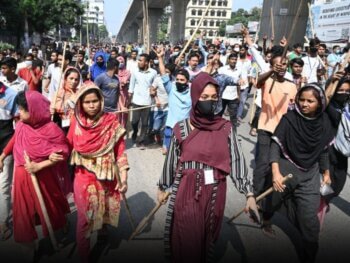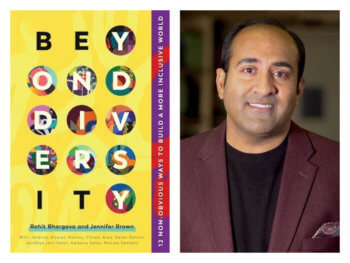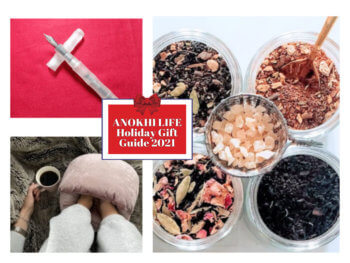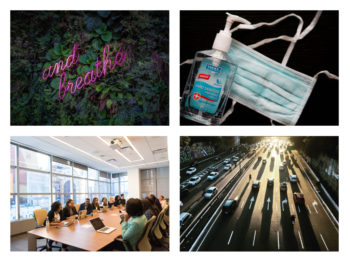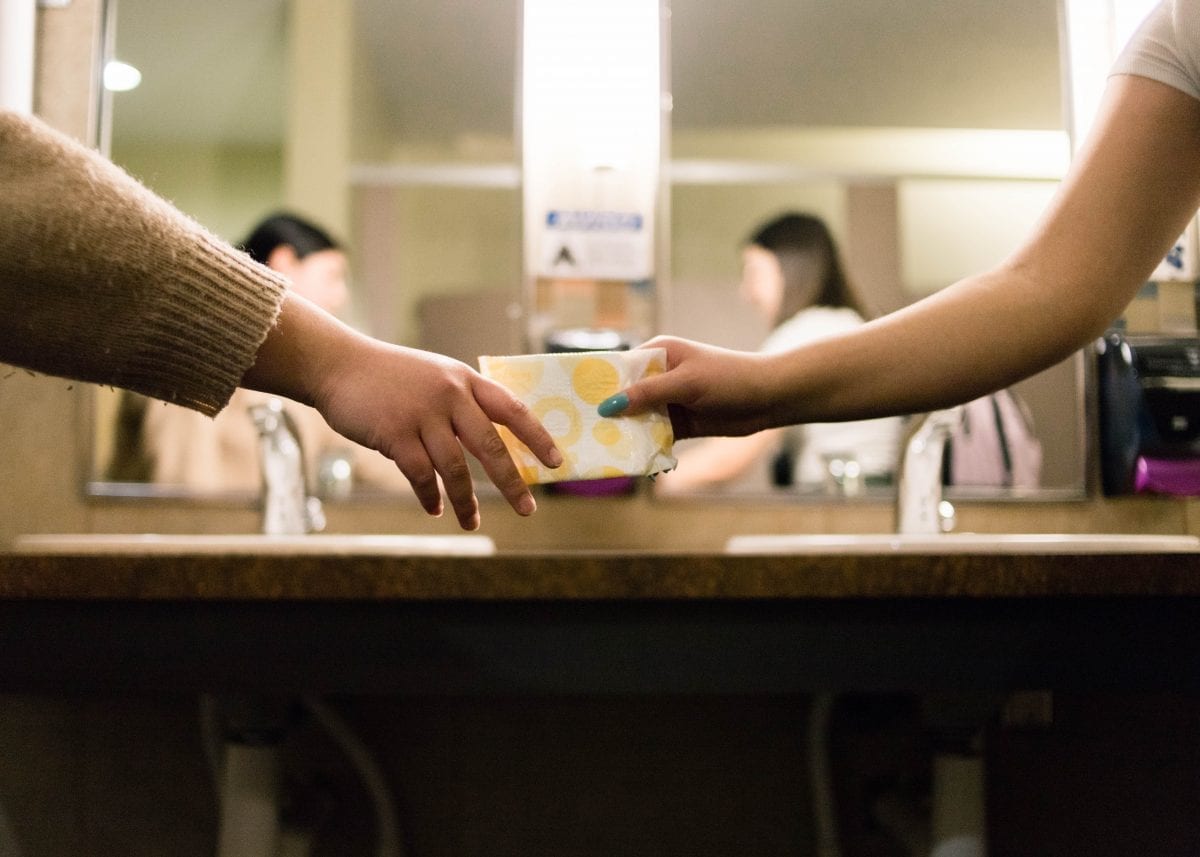
Menstruation Matters: FemCare Fights To End Period Poverty By Getting Products To Those Who Can’t Afford It
Business May 25, 2020
We take a look at FemCare a Canadian charity that is focused on battling period poverty and providing affordable menstrual products to underserved communities.
Period poverty?
It’s a thing.
Though it may not occur to us all, feminine hygiene products are vital for young girls and women who are menstruating to be able to not only contribute to society, but to also enable them to work toward their goals for more than three out of four weeks in a month.
The numbers are stark, for what was, up to now, a mostly silent struggle: “one-third of Canadian women under the age of 25 say they’ve struggled to afford menstrual products,” reports Global News.
Having conversations that break down the stereotypes surrounding menstruation or discussing the affordability of products is crucial. However, these conversations are even more important in South Asian countries, such as Nepal where inhumane practices, like Chhaupadi huts, are still in use due to outdated stereotypes about the impurity of women who are menstruating.
Enter FemCare, a not-for-profit Canadian charity that is working tirelessly to eradicate stereotypes surrounding menstruation and help bring about real change, not only in Canada, but throughout the world.
FemCare Enters The Fight
Founder Halima Al-Hatimy has experienced period poverty herself, according to CBC, “[she]…had times in her own life where she’d used rags, pan-handled, and gone hungry to afford menstrual products.” In fact, CBC notes that “the average person who menstruates will spend $6,000 in a lifetime for menstrual products.”
FemCare initially began as a grassroots initiative led by Al-Hatimy in Hamilton, Ontario, Canada. The project involved people within the area who would come together four times a year “to collect, organize and distribute menstrual products to community agencies, women and youth shelters and health centres,” notes FemCare. Al-Hatimy knew more was needed though. After being asked to join a provincial budget meeting in 2016, which launched FemCare’s plight to politicize “period poverty.”

As a result, two years ago, Al-Hatimy was inspired to launch the FemCare Community Health Initiative, which was officially dubbed as a non-profit organization. FemCare’s trailblazing team consists of seven board members: Halima Al-Hatimy (Founder), Leen Alramlawi (Vice-President), Jasmine Ali – Gami (Board of Directors), Dr. Vanora D’sa BSc., MD., MPH (Director of Health Promotion), Marie-Lauren Gregoire Drummond (Board of Directors), Rasha Al-Ahmad (Director of Event Logistics & Planning), and Daniel Owinyo (Director of Digital Marketing & Communications).

Today, FemCare’s mission is “to rewrite the narrative around menstruation through the power of advocacy, education and community health promotion.”
“We are trying to remove any shame or stigma associated with menstruation and create an inclusive environment where people feel confident to discuss their health concerns and have access to the products and services they need to achieve optimal health.” Explained Dr. D’sa who sat down with us to talk more about the organization’s key focus.
What Are FemCare’s Recent And Current Initiatives?
The not-for-profit charity’s initiatives are guided by a four-prong approach, consisting of the following: Impact, Education, Community, and Innovation. The short-term goals for FemCare “have been and are to raise awareness of menstrual equity and period poverty through advocacy, policy and education and awareness campaigns,” according to Dr. D’sa. “FemCare has initiated awareness-raising and public engagement campaigns to meet the basic needs of menstruators to have and maintain a consistent supply of menstrual hygiene products.”
She proudly recalls that “In 2019 [FemCare was] successful in lobbying the government through Bhutilla Karpoce (NDP MPP in Parkdale) to table a private member’s bill calling for Ontario to declare May 28th Menstrual Hygiene Day in the province of Ontario. Menstrual Hygiene Day has been recognized around the world since 2014.”
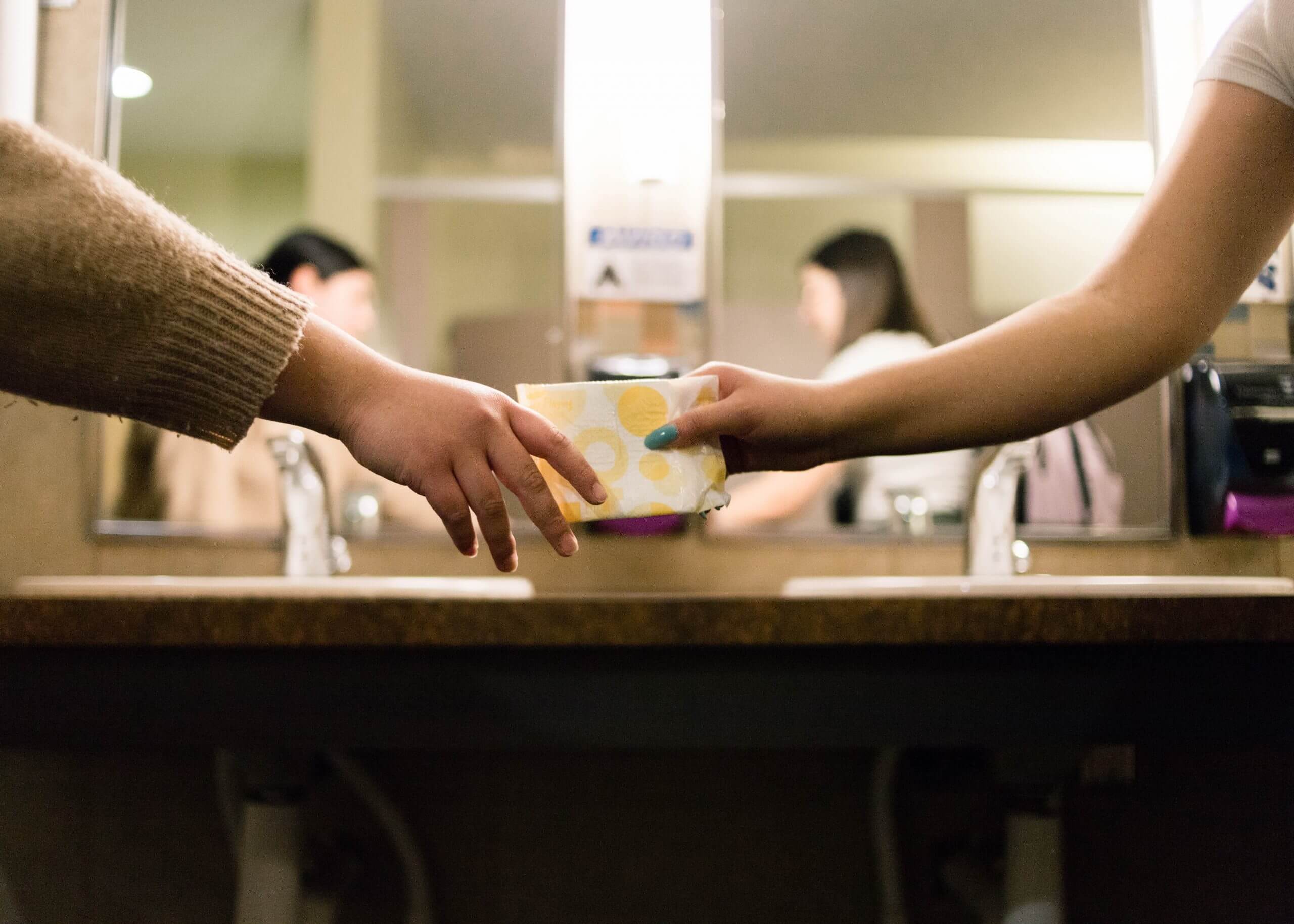
Most recently though, FemCare had great success in Hamilton after appealing to the local government to finance and provide “menstrual products in school and public facilities,” reports CPHA. First, a study was completed by Hamilton Public Health on the feasibility of handing out feminine hygiene products through local school boards, shelters and food banks. Next, an environmental scan was conducted on the approval of Councillor Sam Merulla. Following this, Dr. D’sa notes that “Hamilton unanimously approved the pilot project which takes a targeted approach to end period poverty.”
The pilot project will ensure that menstrual products are available in select recreational centres (Dalewood, Dominic Agostino Riverdale, Huntington Park, Norman Pinky Lewis, and Westmount), along with food banks across Hamilton. The project will cost approximately $121,000 CAD.
When FemCare’s leaders are not busy with helping to enact policy changes, Dr. D’sa explains that they also “host menstrual product drives to gather donations of menstrual hygiene products to provide for women and people who menstruate that are in need of this support.” She notes that reception to these drives has been positive, recalling that in addition to menstrual products, “FemCare [has] also received thousands of dollars worth of donations from individuals and organizations who support our mission and vision.”
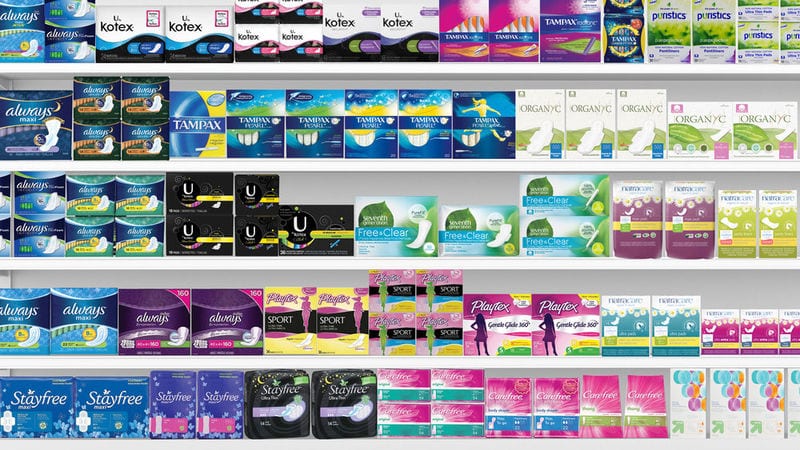
However, Dr. D’sa solemnly observes that, “unfortunately these donations are still not enough. Until large private corporations and municipal, provincial or federal governments collectively step up to serve the disadvantaged we have to continue our fundraising efforts.”
To build on that, today, FemCare is keeping busy to help ensure that those who are in need continue to get access to menstrual products during the COVID-19 pandemic. Currently, Dr. D’sa notes that FemCare is “holding a virtual menstrual drive [where] individuals [can] donate through the drive or directly on the website.”
What’s Next For FemCare And How Can You Get Involved?
FemCare has already made a huge impact on changing the, at times, uncomfortable and shameful narrative surrounding menstruation. However, this budding not-for-profit is just getting started and they’ve got a laundry list of goals to achieve.
“FemCare’s long term goals and plans are to eliminate period poverty altogether and to ensure menstrual equity for all. FemCare’s long term goals are to ensure every person who menstruates especially those who experience period poverty have access to menstrual hygiene by instituting access to products in government policy and social policy,” notes Dr. D’sa. “For example, by replicating the model being developed at Hamilton’s City Council at municipal governments across Canada. FemCare also aims to ensure education includes education about menstrual health and hygiene and access to menstrual hygiene products. Currently, there is no equity across Canada for this, some school boards have adopted a policy of providing free menstrual products to menstruators at their schools, but not all schools have such a policy or practice. FemCare also aims to change the conversation around menstruation, menstrual hygiene, menstrual mental health, and menstrual health.”

As well, FemCare may have started as a grassroots initiative in Hamilton, but they’ve got their eyes set on the conquering the world! Dr. D’sa gave us the lowdown on how FemCare is “working with various stakeholders around the globe to grow our presence and to achieve equality for all. Stakeholders are involved in various capacities. Some relationships involve policy change and implementation; others involve raising awareness around the issue and fundraising. Our stakeholders include various NGOs, shelters, governmental bodies, private donors, and learning institutions in Canada and around the globe. Currently, FemCare is working on establishing centers in Jordan, Kenya and Lebanon.”
If you’d like to get involved with FemCare’s charity, be sure to connect with them to see how you can help further their mission (click here)!
That said, I, for one, am so proud to be here for this shift and I cannot wait for young girls and women in need to stop being punished by having to skip meals (or worse) to afford menstrual products!
Main Image Photo Credit: Annika Gordon/Unsplash
Devika Goberdhan | Features Editor - Fashion
Author
Devika (@goberdhan.devika) is an MA graduate who specialized in Political Science at York University. Her passion and research throughout her graduate studies pushed her to learn about and unpack hot button issues. Thus, since starting at ANOKHI in 2016, she has written extensively about many challe...





































































